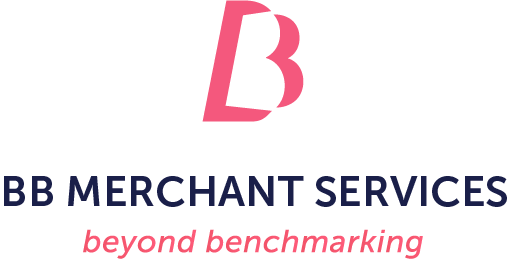Potential sanctions are threatened against Russia if it launches military action against Ukraine. One choice discussed is disconnecting Russian institutions from using the International Society for Worldwide Interbank Telecommunication. (SWIFT)
Leaders worldwide are evaluating how to respond to the challenges and how effective they can be. However, whatever the outcome, the issues businesses face when using SWIFT remain unresolved. For example, SWIFT has several problems with speed and cost transparency.
The current method of SWIFT wire transfers is often very long. In addition, fees can be unclear and inconsistent. However, new solutions are rapidly evolving. Also, businesses should regularly review the cost of their SWIFT banking services. This approach will ensure they obtain fair and transparent charges.
A safe, secure network utilised by businesses around the world
The SWIFT network is a dominant global network for secure messaging. Banks, securities traders, asset management companies and other financial institutions use SWIFT.
It has a vast messaging network to quickly and safely send and receive information. This network includes money transfer instructions. In addition, the increasingly global nature of business means that firms of all sizes need to deal with banking partners spread across the world.
SWIFT allows banks to automate payment instruction through the global SWIFT network. Banking clients can also use online banking to generate payment instructions together with straight-through processing.
SWIFT has several drawbacks and challenges for businesses
Historically, institutions used SWIFT for simple payment instructions. However, the network now sends messages for various actions. These include securities trading, treasury, trade, and system transactions.
However, speed and transparency issues often occur. The current method of wire transfers is often very prolonged. Institutions complain that it takes hours or days to pass through different banking processes. These issues can cause businesses delays and added costs. In addition, according to statistics from SWIFT, 34% of delays are due to formatting errors such as incorrect account numbers or routing codes.
Moreover, cross-border payments are expensive and lack transparency when correspondent banking fees are applied.
Competing models and a bilateral Chinese and Russian development
While other services compete with SWIFT, it is still dominant. Although, Russia and China have recently agreed to develop solutions that reduce the dominance of SWIFT.
Both China and Russia have independent projects at various stages of development. For example, China launched a separate clearing system with the RMB as the quote currency.
Challenging global dominance and the rise of de-centralised solutions
Any rival Chinese and Russian service is also likely to become popular with other countries that wish to trade with both countries. This list could include Iran. In addition, the development of central bank digital currencies and other non-SWIFT payment mechanisms will challenge its dominance.
Many blockchain firms are developing de-centralised solutions to replace traditional banking services. SWIFT has launched its own innovative and upgraded service labelled GPI. (Global Payment Innovation)
This solution enables banks to pass on remittance information with no loss of data, making it easy for end-users to reconcile incoming payments with outstanding invoices. It also provides complete end-to-end visibility over processing fees and FX rates, meaning that customers can make informed decisions.
However, the rapid growth in competitor solutions that enable transactions with minimal fees could pose a significant threat to the future of cross-border funds transfer systems like SWIFT.
Worldwide leaders might use SWIFT as a geopolitical tool. Regardless of this, businesses should regularly check SWIFT fees and compare banking services.
This approach will ensure they receive fair and transparent charges for the activities they undertake. Specifically, clarify what SWIFT fees and charges the provider applies

